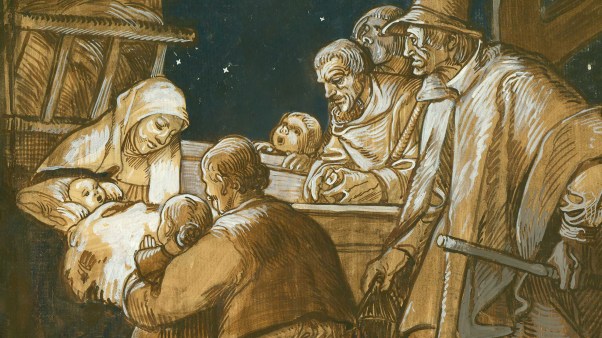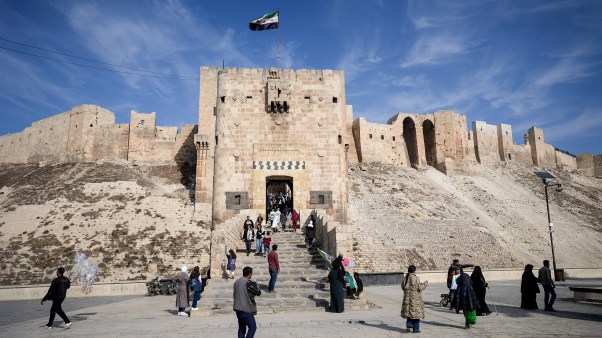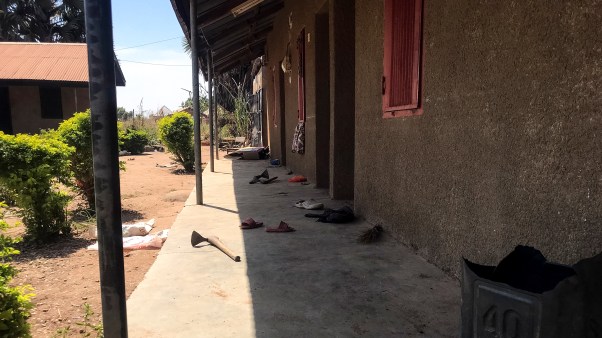Hand-carved from solid rock, the 11 churches of an impoverished Ethiopian mountain village are a wonder of the medieval ingenuity that created them. And their abundant treasures reflect the religious devotion that maintained the churches for centuries.
They also are the scene of a sickening betrayal that has left many wondering if there is something rotten at the heart of one of Christendom’s oldest churches. An Ethiopian Orthodox priest, whose forefathers have preserved the Lalibela churches (see p. 87) since they were carved from the mountainside in the twelfth century, last year stole one of the church’s most priceless sacred objects: a 15-pound solid gold cross that had been kept safely in Lalibela for more than 700 years. The priest and a market trader to whom he gave the cross are in jail, but no trace of the priceless cross has been found.
Home to Christianity since A.D. 34, Ethiopia has some of the most historically valuable Judeo-Christian relics, manuscripts, and art in the world. With increasing frequency, such priceless artifacts are disappearing from Ethiopian monasteries and churches. Concerned the nation is losing its heritage, the Ministry of Culture has proposed a plan to move the artifacts out of churches and monasteries into secure museums. Patriarch Abune Paulos, head of the Ethiopian Orthodox Church, agrees in principle but wants to build secure display places in each church and monastery. For now, neither side has enough money to do either, and parish priests and monks strongly resist anything denying them access to treasures they have guarded for centuries.
Patriarch Paulos says the isolation and simple life of the clergy has been warped by easy money bestowed by tourists. The crisis is not confined to remote churches and monasteries. In Axum, the most important cultural city in Ethiopia, a monk was dismissed after allegations that he stole items from the temple. A committee of the church synod was appointed to investigate allegations against the patriarch himself.
“The committee has expelled large numbers of appointees of the patriarch, who were considered a source of the problem,” says Taddesse Tamrat, a religious historian at Addis Ababa University.
Copyright © 1998 Christianity Today. Click for reprint information.










